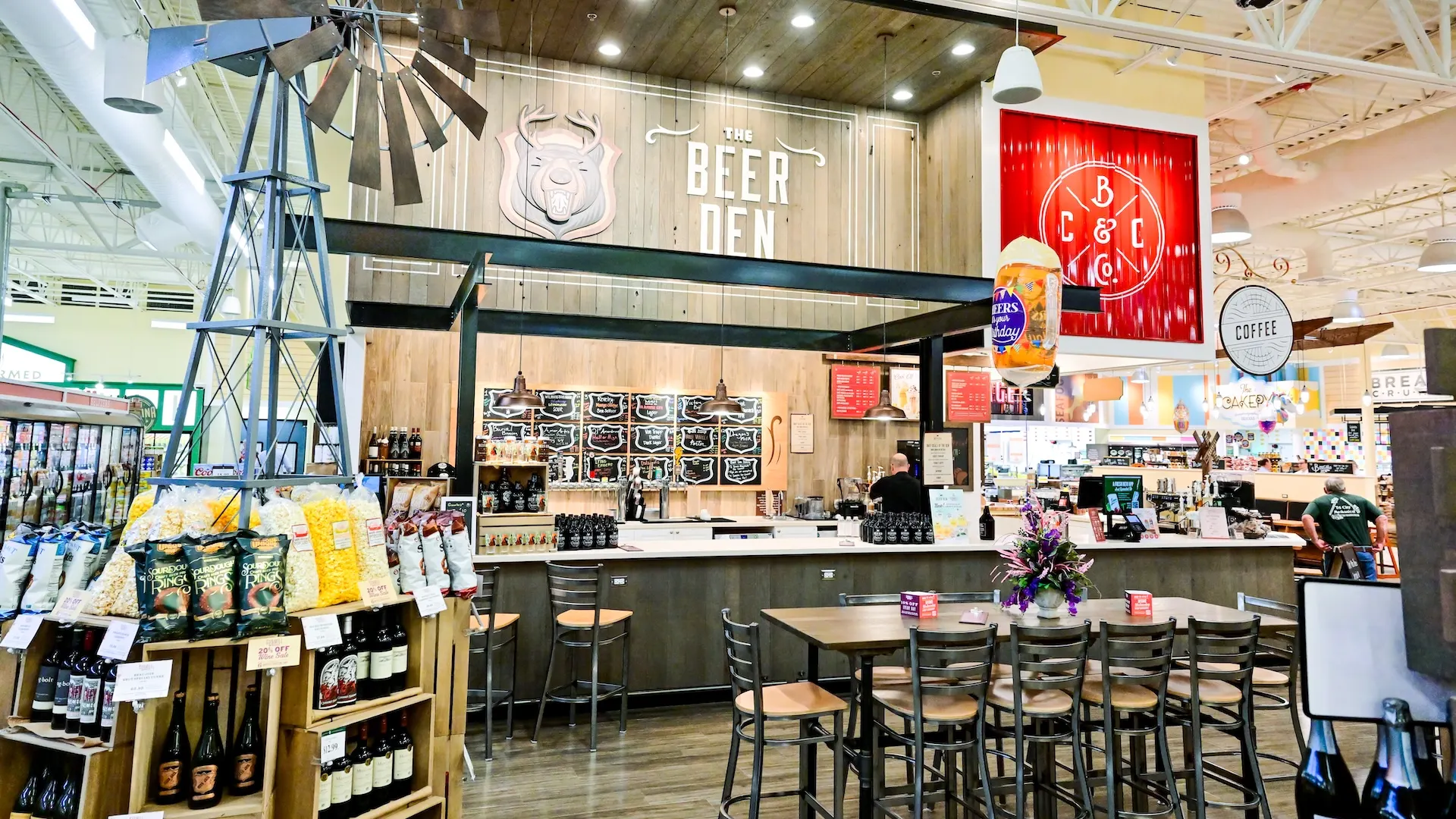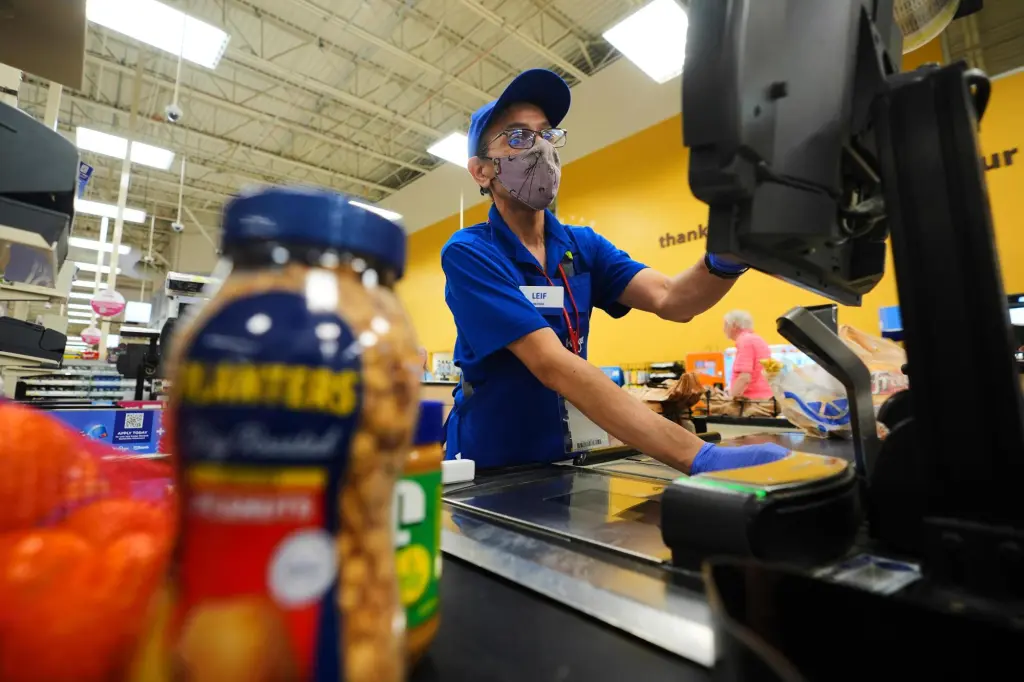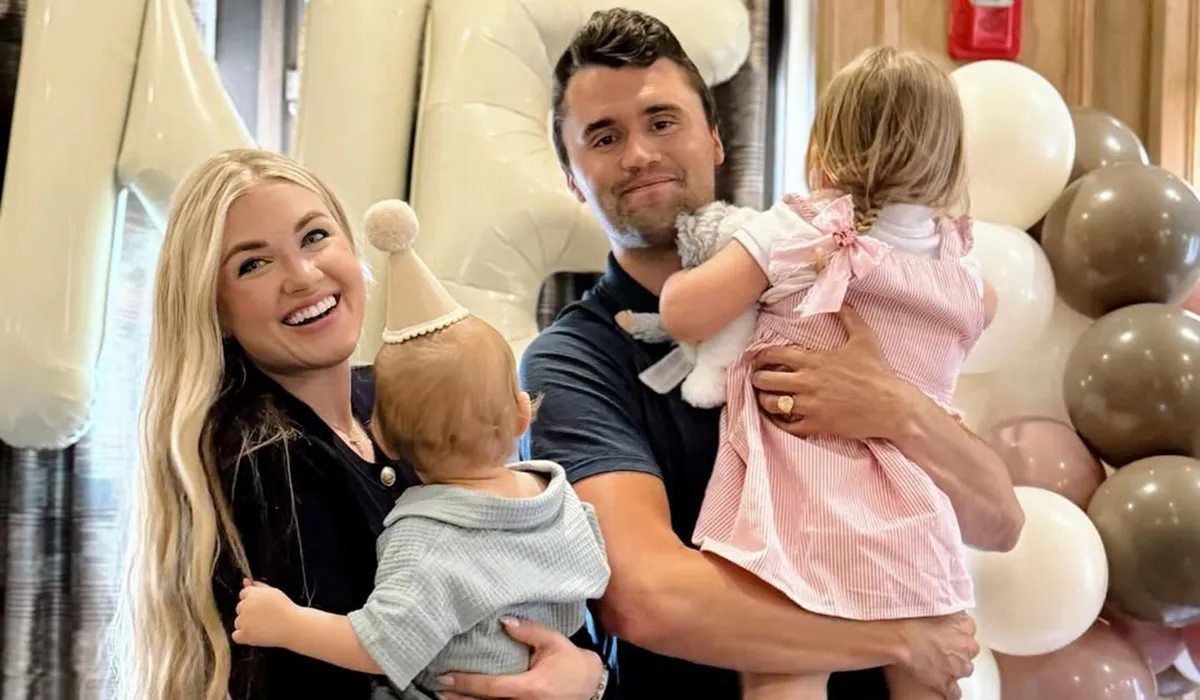
Grocery shopping is such a rote activity it may seem immune to supermarket innovation. Yet, the companies that find ways to break customers out of familiar routines are the ones that will thrive.
Alex Lee, a grocery retailer and wholesale food distributor based in North Carolina, is doing just that. The company’s success is rooted in working with employees, suppliers, and the public to generate new ideas about how to delight shoppers, partner with local food producers, and connect with different demographics in fresh ways.
The company’s commitment to innovation has earned Alex Lee a spot on Fast Company’s 2025 list of the Best Workplaces for Innovators. Here, Robert Vipperman, chief people and strategy officer, discusses how Alex Lee’s employees are encouraged to challenge pre-existing assumptions about their industry.
1. How do you generate breakthrough ideas in an established industry?
You have to fight the tendency to run on autopilot. Without a nudge to explore, we might get lost in our day-to-day knitting and never look up. So we’ve instituted a process we call “Xcelerate” that allows us to explore new concepts quickly via pilots and experiments. We explored 255 ideas last year through a variety of programs that encourage employees to challenge orthodoxies and assumptions.
Every month, 30 or 40 ideas come from our Sparx program, where we encourage employees to submit ideas and select the best one for a $200 award and company-wide recognition. Another program, Sparkathon, asks employees to help solve a specific business problem. We’ve also partnered with a crowd-sourcing platform to generate 200 to 300 potential solutions a year to real business problems.
2. How do you encourage innovation from employees at all levels of the organization?
Every employee sets an innovation target related to how they will push their role or department. We encourage employees to understand what the competition is doing, push the boundaries of how we measure success, improve our business processes, and come up with totally new concepts.
More generally, we promote a culture of innovation which provides us with the space to execute concepts like we have at Lowes Foods, one of our grocery chains. In those stores, it’s very much about entertaining and connecting with people. Customers can come in and buy a local craft beer in our Beer Den to drink while they’re shopping—an idea that came to us through Sparx.
3. How important is AI at driving innovation within the industry?
We are at a pivotal moment between what tools can do and what’s unique and special about humans. We’re pushing hard to make sure we understand AI. But it also feels like a moment to double down on the human experience and the things that are unique about us as individuals.
People who do real work, with real people, catch all kinds of nuances. Humans take in so much more nuanced information than AI, especially if individuals can get out of their familiar environments. We’ve sent employees to China, India, South Korea, and the Netherlands to learn new things. It’s the opposite of staying stuck in an ivory tower. We’re constantly looking at things with fresh eyes, demonstrating curiosity, and showing humility in everything we do.



